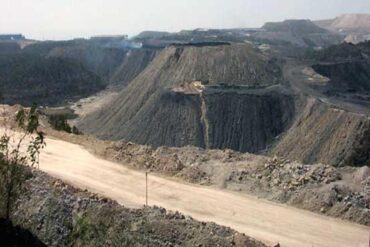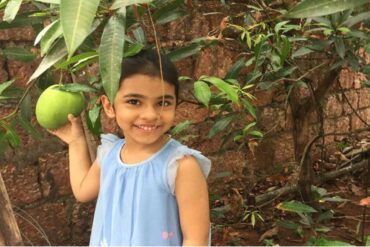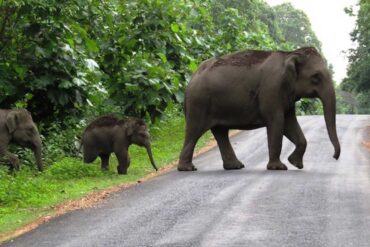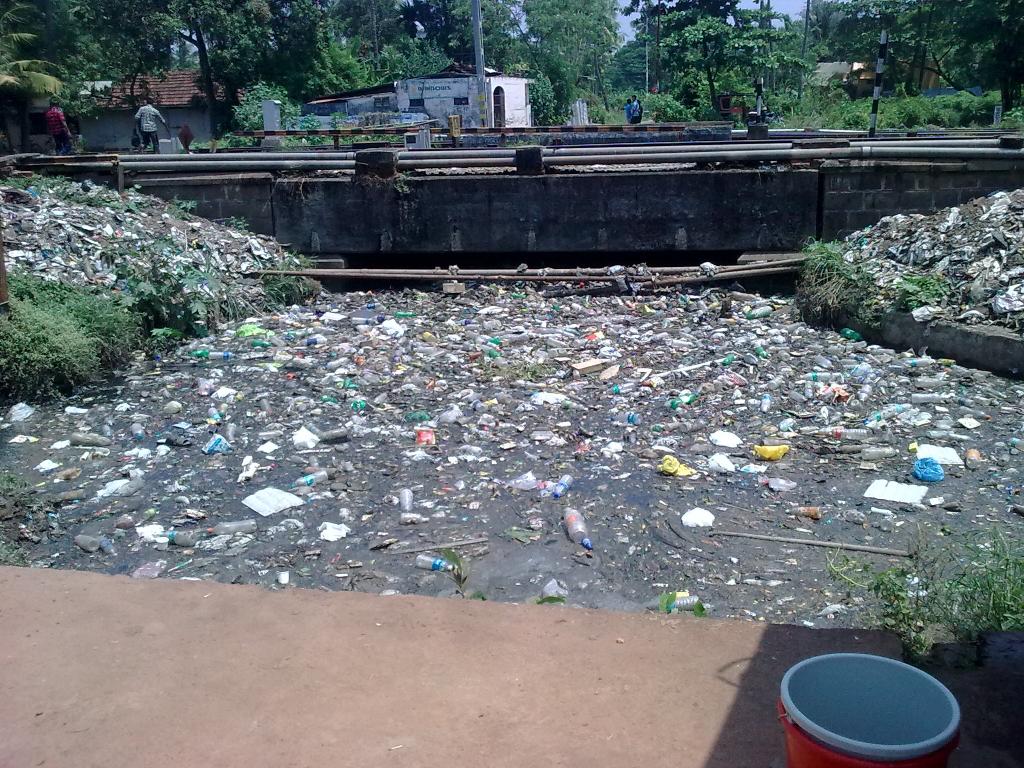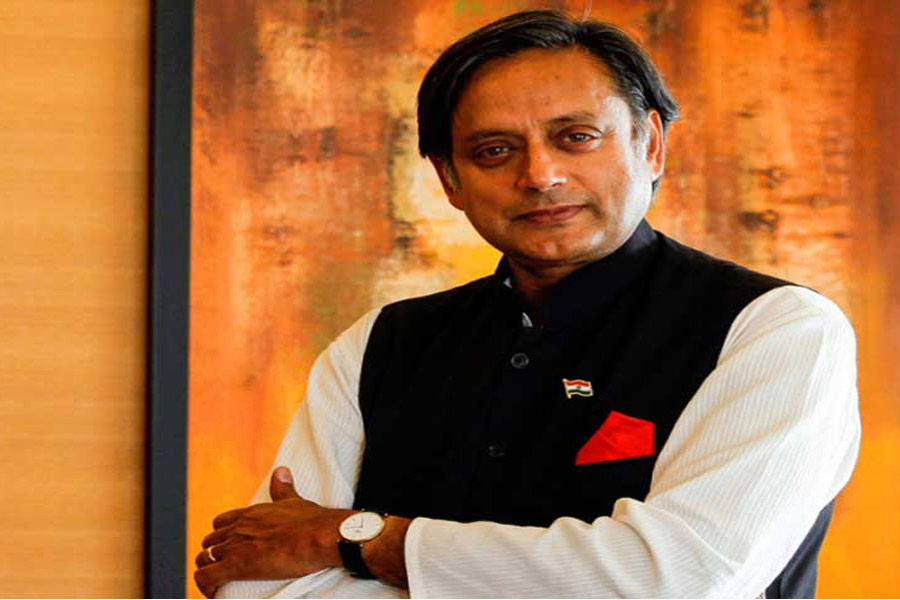In olden days canals were considered as the most reliable form of transportation for the people of Kochi. But then came urbanization and industrialization, which resulted in people turning to roads instead of water ways and all the canals across the city turned into a garbage pit which is now filled with non degradable waste, human waste and a lot more.
Thevara-Perandoor canal, a 10.58 km long canal is one of the arterial canals of Kochi city. This canal is not manmade, but now it is filled with manmade wastes and other garbage and became a breeding ground for mosquitoes. Dark water, disgusting smell and the only life that they produce is that of mosquitoes. Even at the time, when contagious diseases are spreading across the city, people close their eyes and throw all the waste into it.
It is the same with canals like, Kalvathy canal, Edapally canal and the rest. All of these canals have been encroached to the edge and at times a bit more. And people who lives besides these canals throw their garbage into these canal. Restaurants, household wastes and to make matters even worse, even the sewage ends up in these canals without being treated, filled with human excreta.
“Canals have become the breeding ground for mosquitoes, when it rains it gets even worse as the canal overflows into the banks and all that waste comes out into the open,” said Shiny M., owner of a tea shop. The condition of these canals has worsened in the past four years according to them as no proper maintenance was done to these canals during that time.
It has been reported that, Former MLA Ebrahimkunju had set aside Rs 2.5 crore from the MLA’s local development fund for carrying out cleaning works of Kalvathy canal, and 90% of the canal was cleaned using the fund. But since then there haven’t done any maintenance works and now the people living nearby say that the condition of the canal has gotten worse.
“Since people stopped relying on canals for transportation, people stopped caring about these canals which is the life line of Kochi. Nobody gave any significance to the maintenance of the canals and now all that sewage and waste water entering the canal in-turn will infiltrate into the ground and contribute to the nearby wells and water bodies,” said Dr. Sunny George, Director of SCMS Water institute and a reputed limnologist. He believes that in due course of time, it will transform the entire area into an un-hygienic land.
His study revealed that there are over 632 pipelines, filled with human waste leading into these canals. These pipelines include even the storm water drainages. According to Dr. Sunny George, there should separate lines to filter this sewage before reaching into the canal.
Kochi Corporation Mayor, Soumini Jain has said that, Corporation council have forwaded the proposals to the State Level Technical Committee and that they are waiting for their sanction to use the 23.58 crore rupees that was sanctioned as part of Central Government’s AMRUT scheme (Atal Mission for Rejuvenation and Urban Transformation). Currently they are planning to concrete both sides of the canal and mend fences across the canal to avoid people from throwing garbage into it.
“We will cut off the sewage lines into the canals and with all of this we can regenerate the canal into its past glory. Even after this, people should be ready to take care of their city. We can only do so much and we need the support of the people for this to be a success,” said Soumini Jain. She also encourages us to look at waste as not just a waste, but as a resource. That way people could dispose their own waste; use them as fertilizers, source of energy and a lot more.
Due to the high levels of encroachments along the banks of these canals, there is no easy way to establish a maintenance system for the canals. But Dr. Sunny George says that, “If you look at the examples of Adayar creek in Chennai, those canals were in a much worse condition than this, but CIBA (Central Institute of Brackish Water Aquaculture) had suggested a method to infest different parts of these canals with fish that requires minimum amount of oxygen to survive. This practically saved those canals.” Life in these waste waters has changed the perception of people and this same method was used in different cities in India and it worked.
He believes that, if this could work in a city such as Chennai, it could easily work here in Kochi. He said, “Kochi’s health can be seen in its canal’s health and people need to take matters into their own hands if they want to have a healthy future.”
Cover image from here.

